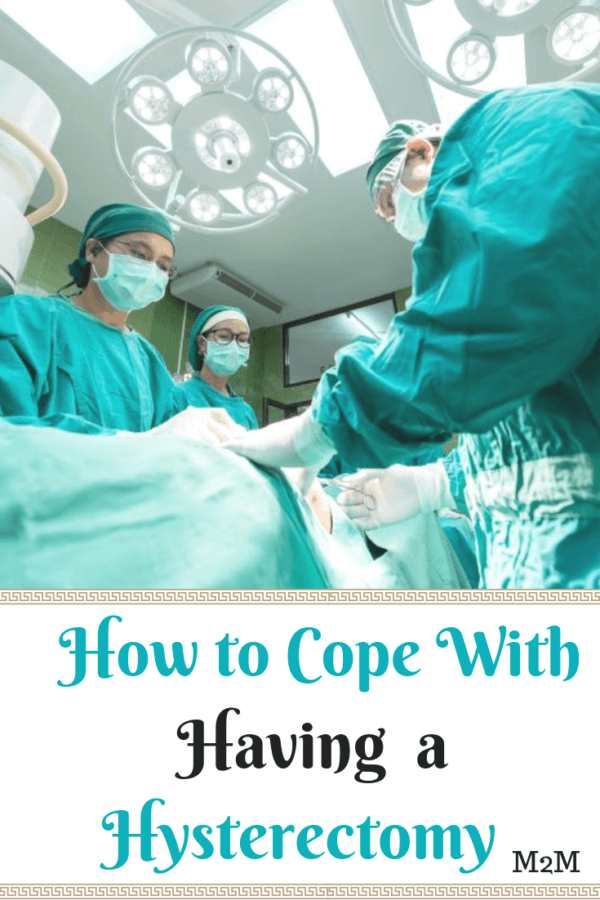
For many women, the decision to have a hysterectomy can be a difficult. It is a serious medical procedure that comes with its own set of problems. Not only is the surgery a risk, it can result in a range of physical and emotional symptoms. For many, this procedure is not a choice. Because it is not their choice, it makes the grief and emotions even more difficult. As a result, how you deal with your feelings will play a role in how you move forward after surgery. There are several things you can do to improve your chances of a smooth recovery:
Recovery Period
Recovery from having a hysterectomy can take up to two months. Knowing what to expect will reduce the frustration. However, don’t expect to walk out of the hospital and get back to normal. This very rarely happens, there is a recovery period. You are going to experience a variety of symptoms, including fatigue and depression. Premature menopause may also be triggered. With depression comes the risk of depending on drugs or alcohol to numb the pain. This doesn’t work and can sometimes lead to an addiction Addictions can lead to the need for adult drug treatment. For this and many other symptoms, there are effective treatments available.
Understand the Procedure
There are many reasons for women having a hysterectomy. It’s natural to feel nervous and afraid of the outcome. To reduce any anxiety, understand what the procedure entails. Understand the effects it have on your body, your emotions, and your fertility. Your doctor and healthcare professionals are the best people to ask questions, and talk about your concerns. The more you understand, the better and more relaxed you’ll feel on the day of surgery.
Have a Support System in Place
Next, don’t wait until you’re on your way home to organize support. Make sure there is a system in place before the surgery. Furthermore, you will need physical support as well as emotional support. So, talk to friends and family about how they can help. Additionally, having a hysterectomy support group in your area or a therapist who helps with specialist counseling.
Learn How to Relax
This is going to be a very important part of the recovery process. Relaxation techniques have been found to help reduce anxiety and tension. As a result, research techniques that include progressive muscle relation. You should also include breathing techniques, guided imagery, and meditation. If you want to know more, your doctor or therapist will be able to provide information.
Finally, you shouldn’t hesitate to talk to your doctor about any fears, misgivings or issues you might be experiencing. Discussing all your concerns and symptoms with your doctor about having a hysterectomy will help to ensure a smooth and speedy recovery.






Speak Your Mind